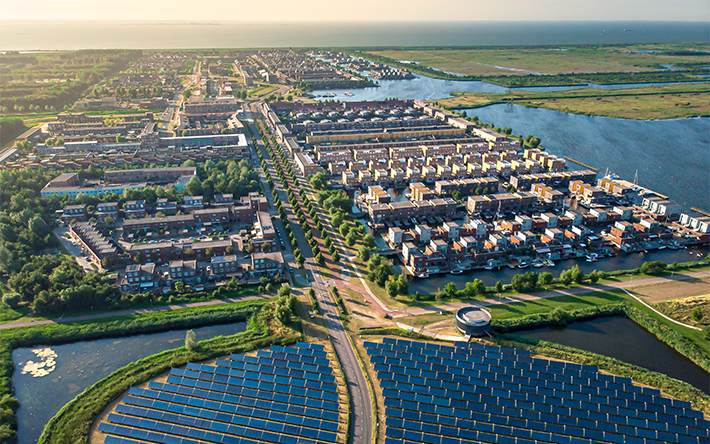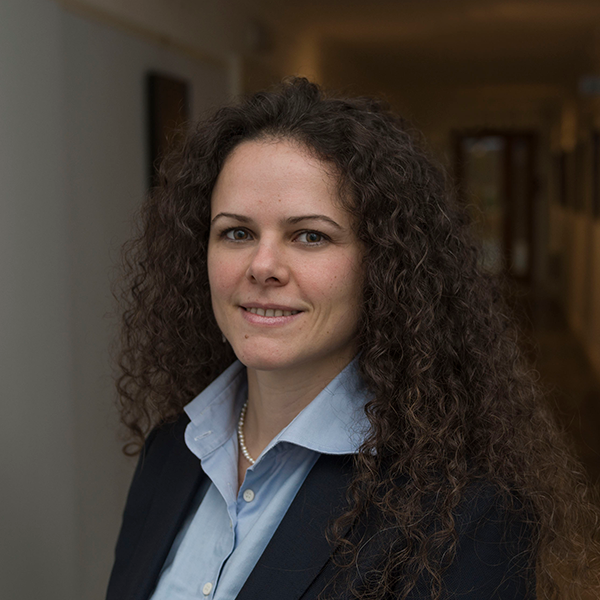
Podpora sociální soudržnosti a konvergence
Podpora sociální soudržnosti a konvergence tvoří jednu ze šesti hlavních činností pracovního programu nadace Eurofound na období 2021–2024. Nadace Eurofound bude i nadále fungovat jako odborné středisko pro sledování a analýzu jak klíčových trendů v dosahování vzestupné konvergence v oblasti životních a pracovních podmínek a posilování hospodářské a sociální soudržnosti v EU, tak faktorů, které tuto konvergenci ovlivňují. Pandemie COVID-19 představuje bezprecedentní výzvu pro hospodářskou a sociální odolnost EU a upozorňuje na křehkost jakéhokoli pokroku v již dosažených vzorcích konvergence.
V příštích čtyřech letech poskytne nadace Eurofound důležité poznatky o výzvách a vyhlídkách v oblasti sociální soudržnosti a konvergence v EU a pomůže zajistit, aby evropské ekonomiky a společnosti byly odolné vůči budoucím šokům. Nadace Eurofound svou práci z předchozích let na téma vzestupné konvergence rozšíří, přičemž bude klást zvláštní důraz na možný nárůst nových nerovností mezi občany a na to, jak v oblasti sociální soudržnosti řešit problémy, jejichž závažnost narůstá s krizí. Nadace bude pravidelně informovat o trendech vzestupné konvergence z hlediska sociálního a hospodářského, jakož i v rozsahu stanoveném v evropském pilíři sociálních práv, a to na úrovni členských států a na regionální úrovni, přičemž bude rovněž porovnávat EU s ostatními vyspělými zeměmi.
Při zkoumání hybných sil a důsledků hospodářské a sociální konvergence bude nadace Eurofound věnovat pozornost řadě faktorů: sociálním investicím, mobilitě a institucionálním rámcům, právním předpisům, systémům sociálního zabezpečení, kvalitě institucí a veřejným službám , sociálnímu dialogu a strukturálním reformám. Výzkum posoudí účinnost reakce EU na pandemii z hlediska hospodářské a sociální konvergence. Rovněž zváží situaci v eurozóně a zaměří se na to, jakou úlohu hrají při ovlivňování konvergence postupy v rámci pracovněprávních vztahů.
Nadace Eurofound bude zkoumat trendy a hybné síly sociální soudržnosti v Evropské unii, zejména to, jak pandemie COVID-19 prohloubila stávající nerovnosti nebo vyvolala nové, které mají širší dopad na společnost nebo na konkrétní skupiny občanů. Analýza se zaměří na hospodářské, sociální a zdravotní rozdíly, a to jak na trhu práce, tak z hlediska přístupu ke klíčovému zboží a službám, jako je zdravotní péče, bydlení, vzdělávání a sociální ochrana , a z hlediska jejich kvality. Budou zkoumány souvislosti mezi nerovnostmi, důvěrou v instituce a nespokojeností. Mezi další oblasti zájmu patří migrace , integrace a sociální napětí.
Výsledky výzkumu vyplývající z této činnosti přispějí k práci různých útvarů Evropské komise a Výboru pro zaměstnanost, Výboru pro sociální ochranu, Hospodářského a finančního výboru, Rady a Evropského parlamentu, a to i ve vztahu k evropskému semestru.
- Infografika: Podpora sociální soudržnosti a konvergence v EU
„Krize COVID-19 vrátila koncept vzestupné konvergence zpět do středu zájmu politické debaty… Vzestupná konvergence je důležitá pro stabilitu Unie. Nenaplnění příslibu vzestupné konvergence s sebou nese riziko oslabení fungování Unie a vyvolání politické nespokojenosti s projektem Evropské unie.“
Massimiliano Mascherini, vedoucí oddělení sociální politiky

























